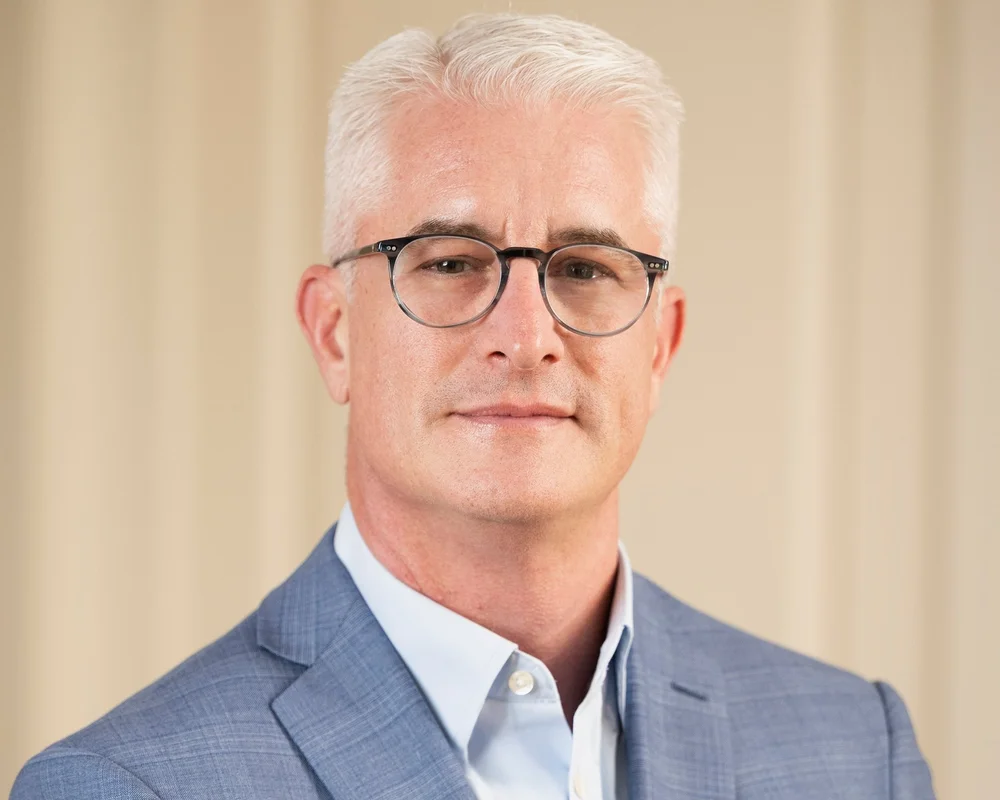So now we know where another content company may be coming down on network neutrality, and it’s not where you think. According to a WSJ report and a nice followup from Ars Technica, none other than Apple is negotiating with Comcast for a separate path to consumers presumably for its long-rumored Apple TV offering.
The idea is to secure not an inherently faster path, just a separate, parallel one where their traffic doesn’t have to mingle with the riffraff and the pesky congestion that might result. You know, like the special lines they have at every single bottleneck in airports these days. Yep, Apple is supposedly looking for a VIP lane where if you have the right magic card you get to keep walking and pretend you don’t see everyone else glaring at you.
While the difference between that and simply paying for faster delivery may be a bit hard to parse logically (ok, pretty much impossible), it would be worded so as to do an end-run around the net neutrality rules Comcast agreed to with the NBC deal. The idea is simply to take advantage of the exemption for managed services and, well, drive an apple-shaped tank through it. It’s not a fast lane since the speed limit is the same, it’s more like a limited-access corporate-sponsored HOV lane that just happens to get you there faster on average.
That’s a whole different thing than whether or not your CDN/transit provider has to pay for interconnection. CDNs like Akamai improve speed by putting their traffic closer to the consumer, but they don’t get a separate path down the last mile. Of course, they might choose to do so if this rumored Apple/Comcast arrangement ever came to fruition. And whatever the legalese used to justify it, net neutrality would still be dead as a doornail, at least in the US.
The difference between the approaches of Apple and Netflix is instructive. Apple had AT&T and its wireless competitors wrapped around its little finger due to consumer demand for the iPhone, and I think that influences the way they look at a commercial relationship with the telcos. Perhaps they simply don’t feel as powerless in negotiating over last mile access as others.
On the other hand, the two haven’t actually done a deal — even if true, it’s just talks and early stage talks at that. When it gets down to specifics they may be on completely different pages. But as long as it’s about a theoretical product there’s no need to declare war. It’s unclear at the moment if they’re also talking about a Netflix-style deal to bypass the transit/peering infrastructure with a direct connection, but I’d be shocked if that weren’t in the mix.
If Apple and Comcast do find a way to make this work and other last mile operators and content providers follow their lead, we may see the internet about to bifurcate. On the old internet, the content that doesn’t have the resources to negotiate special deals with every provider it cares about and thus has to travel economy class, and the content that does and therefore gets to skip the line.
Or perhaps there is a whole ecosystem in there. If Apple (or, say, Amazon) got its own lane like this at major providers around the country/world/solarsystem, couldn’t they theoretically then resell excess capacity on it to others? At a small premium of course… That would let other, smaller content providers piggy-back on their access arrangements, obviating the need to do it themselves and creating a new ecosystem of aggregating VIP traffic.
Yet sooner or later, the fact that the last mile is a natural bottleneck will distort such an ecosystem, whatever Apple thinks about its own relative power. Some sort of checks and balances there are going to become necessary whatever comes of all this no matter how good everyone’s intentions are or aren’t. What we need is a system where everyone in the chain is happy when consumers use more bandwidth, happy to invest in additional capacity and confident of a rate of return that justifies it. Right now there’s too much emphasis on blaming others for generating too much traffic, we need to find a path to celebrating it.
But for now, even rumored talks of an Apple/Comcast traffic detente is more likely to fan the flames underneath the FCC’s Tom Wheeler to get on with his promised restoration of some sort of net neutrality regulations. It’s getting wild and woolly out here, and if he doesn’t hurry then maybe he will need to throw in some methods for getting the toothpaste back in the tube.
If you haven't already, please take our Reader Survey! Just 3 questions to help us better understand who is reading Telecom Ramblings so we can serve you better!
Categories: Internet Traffic






Right now there’s too much emphasis on blaming others for generating too much traffic, we need to find a path to celebrating it.
Level 3 Communications is ready for this to happen, let the celebration begin with private lanes provided by the Internet partner Apple can rely on to stream live HD video flawlessly from end to end.
CarlK will be happy in the end.
This is really interesting and, Rob, I think you posit a very viable AAPL strategy whereby they pay for their own super-highway on the CMCSA network.
What puzzles me is not why it’s potentially quite good for AAPL, but rather why its potentially so shitty for CMCSA.
If I understand this correctly (and I probably don’t) it looks like AAPL is effectively seeking to create the landline equivalent of the Mobile Virtual Network Operator or MVNO.
That CMCSA would embrace a Fix Line Virtual Network Operator (FLiVNO) model where AAPL pays for a virtual superhighway on the CMSCA network so AAPL can steal CMCSA cable subscribers seems quite strange. (CMCSA would still get internet revenue but potentially forgo a very large stream of content revenue.)
The way I see it AAPL has nothing to lose here. If they succeed in negotiating a FLiVNO model with CMCSA similar to the one Rob describes above, AAPL gets the opportunity to create a competing streaming cable platform right on CMCSA’s network. If CMCSA says no way, AAPL goes to the regulators with their failed outcome to block or seek conditions on the TWC/CMCSA merger.
If people have a better understanding of what shape this AAPL/CMCSA deal is supposed to take, I’d like to learn more.
I hadn’t thought about it in those MVNO-type terms. Definitely worth thinking about the implications…